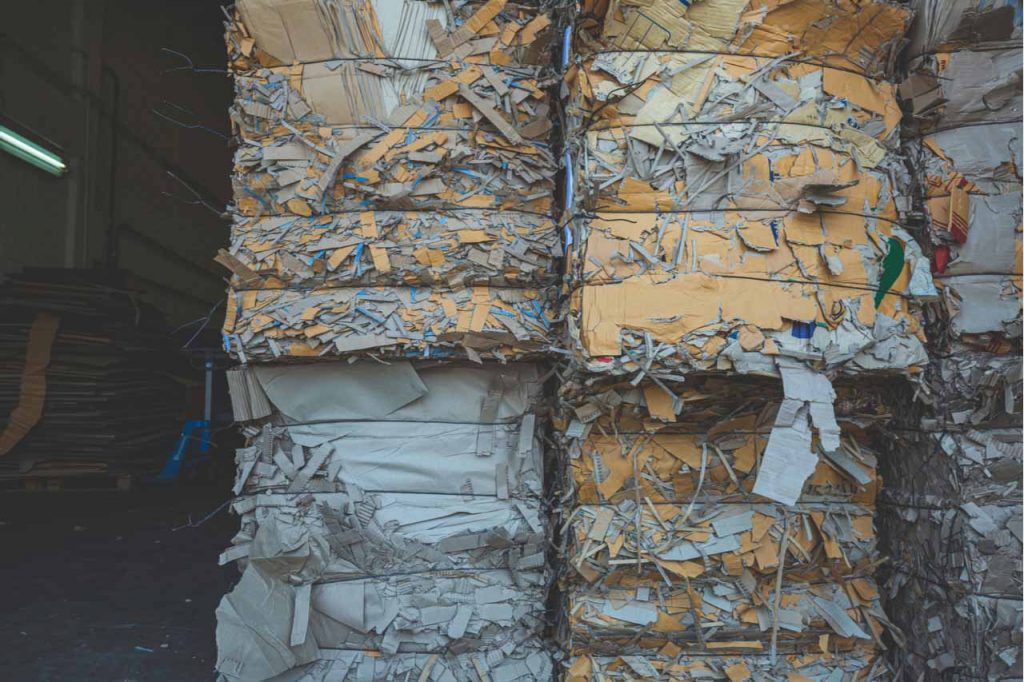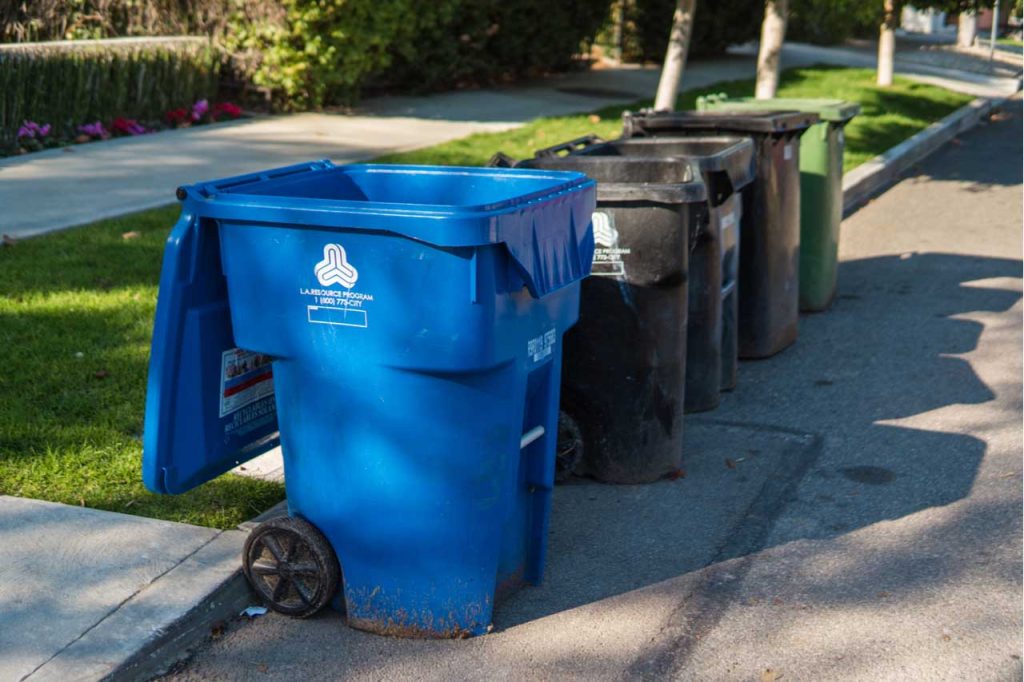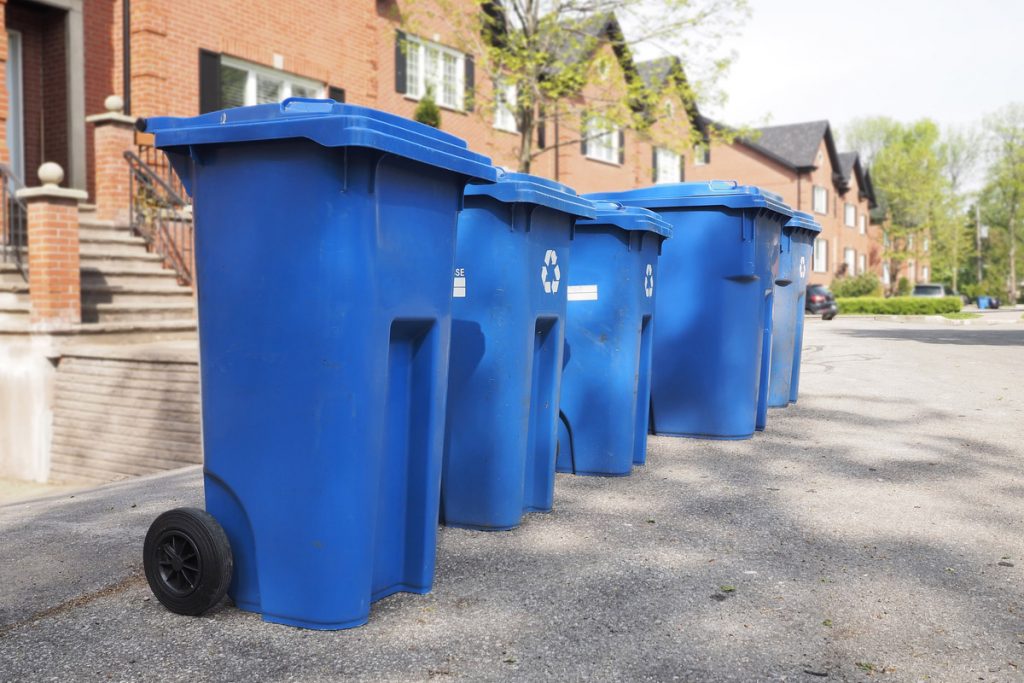

News that a major end user of recovered paper in the U.S. would be idling machinery drew clicks last month. | noomcpk/Shutterstock
Readers last month were drawn to stories explaining how the coronavirus has wreaked havoc on recyclables supply chains.

The $349 billion in initial funding for the Paycheck Protection Program ran out within two weeks. | NIKCOA/Shutterstock
Recycling companies across the country are applying to a federal assistance program to help them overcome cash-flow problems sparked by the coronavirus. Some have been successful, but others are running into banking complexities and tapped-out funding.

News about recycling program disruptions around North America captured attention in March. | Oksana Shturo/Shutterstock
Because coronavirus has upended life for North America, it’s no surprise that stories about the pandemic’s impacts to the recycling industry dominated our readers’ attention last month.

A new report on the state of curbside recycling in the United States drew attention in February. | stephen rudolph/Shutterstock
Stories about declining export markets and painful curbside recyclables pricing drew our readers’ attention last month.

DJ VanDeusen, WestRock
In the runup to the 2017 Resource Recycling Conference, we’re offering email profiles of a few of the experts who will be taking the stage in Minneapolis this month.
 In the runup to the 2017 Resource Recycling Conference, we’re offering up email profiles of a few of the experts who will be taking the stage in Minneapolis in late August.
In the runup to the 2017 Resource Recycling Conference, we’re offering up email profiles of a few of the experts who will be taking the stage in Minneapolis in late August.
The 2018 Resource Recycling Conference will take place in St. Louis next month. To help readers gear up for the event, we’re offering a series of profiles of different recycling stakeholders who will be offering expert opinion from the stage.
The 2018 Resource Recycling Conference will take place in St. Louis in just over a month. To help readers gear up for the event, we’re introducing several of the recycling stakeholders who will share expert insights from the stage.
